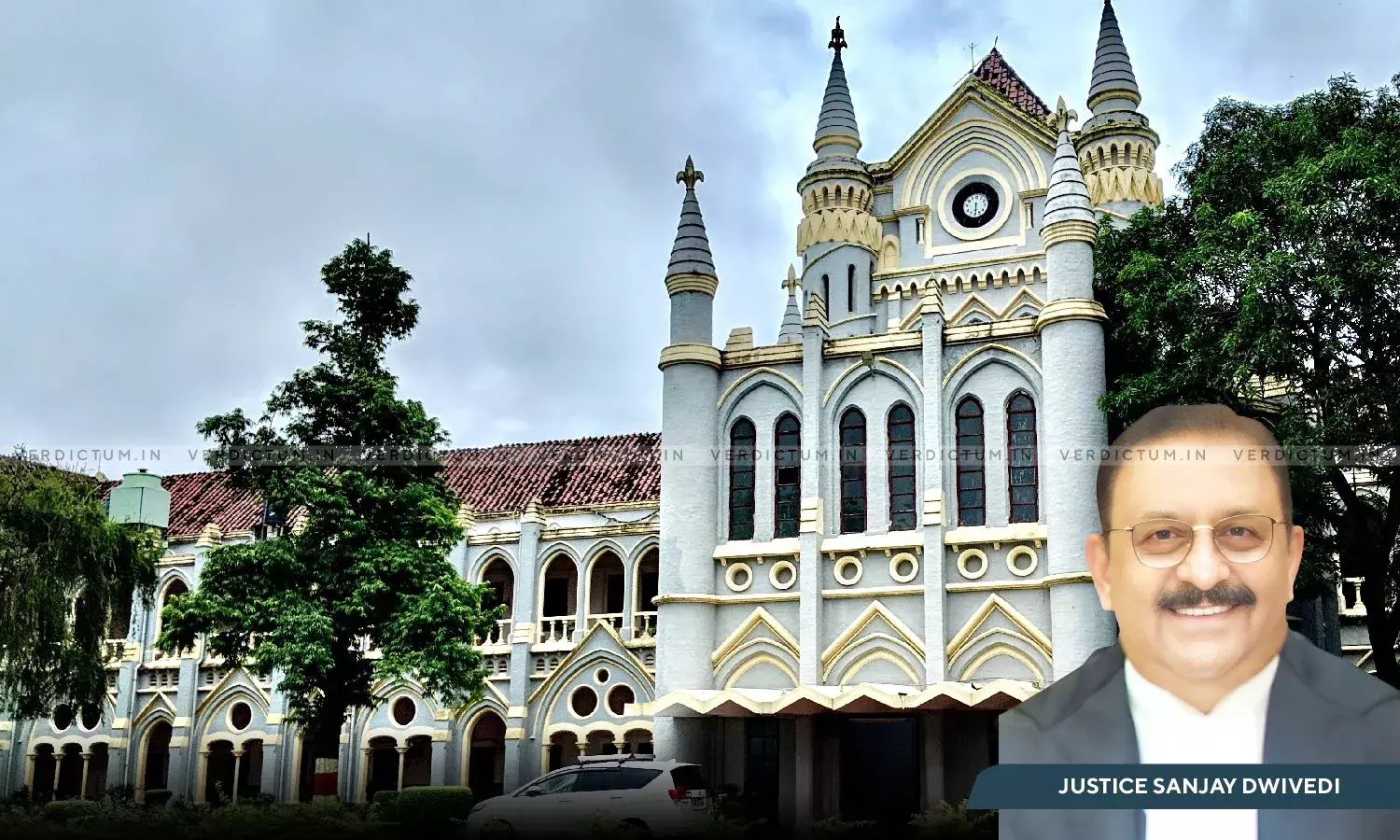Model Code Of Conduct Has Statutory Force And Requires Mandatory Adherence By State Authorities: Madhya Pradesh High Court

The Madhya Pradesh High Court emphasized the binding nature of the Model Code of Conduct guidelines, observing that they carry statutory force and require strict adherence by the State Authorities.
The Court allowed a Petition filed by an Individual against an order of transfer from the post of State Level Flying Squad to the office of Excise Commissioner.
The Court observed that failing to comply with the Model Code of Conduct, which imposes a ban or requires clearance for transfer orders, signifies a lack of competence and jurisdiction.
The Bench of Justice Sanjay Dwivedi observed, “it is clear that the guidelines issued by way of Model Code of Conduct has a statutory force and it requires strict adherence”.
Advocate Vipin Yadav for the Petitioner and Deputy Advocate General Amit Seth appeared for the Respondent.
The Petitioner approached the High Court by way of a petition under Article 226 of the Constitution challenging the validity of an order issued by the Principal Secretary of the Commercial Tax Department. The order involved the Petitioner's transfer from the post of State Level Flying Squad, to the office of Excise Commissioner, Gwalior. The Petitioner contended that the order was void on two main grounds: lack of competence and absence of jurisdiction, making it a nullity, and hence, subject to quashing.
The Petitioner argued that the order was issued during the Model Code of Conduct, requiring Election Commission approval. He claimed that a letter from the Chief Election Commissioner of Madhya Pradesh directed an inquiry against the Petitioner, recommending removal. A letter was sent to the Excise Commissioner, requesting an investigation into a complaint against the Petitioner.
After considering the objection to the Petition's maintainability, the Court noted that the challenge to the order on grounds of incompetence and lack of jurisdiction, rendering it null and void, could be raised at any time based on established legal principles. The Court observed the permissibility of challenging an order without jurisdiction, regardless of the Petitioner's compliance. In this case, objections raised by the State against the challenge, which was grounded in competency, were considered unsubstantiated and were consequently rejected.
Upon examining the clause governing transfer orders, the Bench noted that per Clause 19.4.1 of the Model Code of Conduct, the State Government should seek prior clearance from the Election Commission for issuing transfer orders. Sub-clauses (vii) and (viii) explicitly banned appointments, promotions, and transfers in government during this period without prior Election Commission clearance.
“However, if Model Code of Conduct deals with the ban or needs prior clearance before issuing the order of transfer and without taking the same if any order of transfer is issued, the said order can be considered to be an order passed by the authority without any competence and jurisdiction”, the Bench added.
The Court emphasized that the Commission did not pass an order recommending the Petitioner's transfer; instead, it issued instructions to verify the complaint's facts and submit a report. The Commission's prerogative was emphasized in acting upon the complaint based on the State Government's report, if any, submitted.
The Bench observed that the order was issued based on the State authority's presumption, albeit no report had been submitted, that the Election Commission had instructed the Petitioner's transfer. The Court noted that such presumption lacked foundation and was misconceived.
During the Model Code of Conduct, the Bench emphasized that when a ban is in effect “then it is obvious that any authority during the currency of Model Code of Conduct cannot exercise the normal power of transfer or appointment without prior approval of the Commission”.
Furthermore, the Court observed that any order concerning an officer connected with elections during the Model Code of Conduct requires prior approval from the Commission. Failure to obtain such approval would undermine the purpose of the Model Code of Conduct and frustrate the Commission's constitutional objectives.
The Court rejected the argument that sending a copy of the order to the Commission, without objection, implied post-approval. “Even otherwise, there is nothing produced by the State showing that the Commission has granted any post approval to the action of the State. If that is there, it was for the State to produce the same”, the Court noted.
Accordingly, the Court allowed the Petition and quashed the impugned order.
Cause Title: Rajesh Henry v State Of Madhya Pradesh

